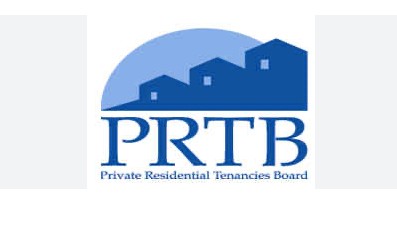
When tenants in Ireland face unexpected demands for repair costs, it’s essential to understand their rights and seek legal advice if necessary. The following overview, tailored to the Irish property law market, highlights key aspects of repair responsibilities and legal protections for tenants and landlords.
Overview of Repair Responsibilities
Landlords’ Obligations:
1. Structural Repairs: Landlords are responsible for maintaining and repairing the structure of the property, including walls, roofs, and foundations. This also extends to essential systems like heating, plumbing, and electrical systems. These must be kept in good working order to ensure the safety and comfort of tenants.
2. Minimum Standards: The property must meet certain minimum standards, including safe and functional heating, sanitation, and electricity systems. Landlords must address any issues that arise to maintain these standards throughout the tenancy.
3. Health Hazards: Landlords are responsible for addressing health hazards such as mold and pest infestations, provided these are not caused by tenant neglect. For example, if mold develops due to poor ventilation maintained by the landlord, the landlord must address it. However, if tenants cause the mold by not ventilating the bathroom properly, they might be responsible.
Tenants’ Obligations:
1. Routine Upkeep: Tenants must keep the property in good condition and report any issues requiring repair to the landlord promptly. They are also responsible for minor repairs and maintaining cleanliness to prevent damage.
2. Damage Responsibility: If tenants or their guests cause damage beyond normal wear and tear, they may be held responsible for the repair costs. This includes intentional damage or negligence leading to significant issues.
Legal Disputes Over Repair Costs
In cases where disputes arise over who is responsible for certain repair costs, the terms of the lease agreement are critical. Tenants should thoroughly review their lease to understand their obligations. For significant repair demands, such as those involving structural issues or high costs, tenants are advised to seek legal advice to determine liability accurately.
Recent Case Example
A recent case involving student accommodation leaseholders in Ireland illustrated these principles. Leaseholders disputed service charge demands for window replacements, arguing that the windows were not included in their repairing obligations under the lease. The court found that the issues were due to construction defects rather than disrepair, meaning the landlord could not recover costs through service charges.
Practical Steps for Tenants
1. Review Your Lease: Understand the specific terms regarding repair responsibilities.
2. Seek Legal Advice: If faced with significant or unexpected repair costs, consult a solicitor to clarify your rights and obligations.
3. Communicate Issues Promptly: Report any repair needs to your landlord immediately to prevent escalation and additional costs.
By staying informed and proactive, tenants in Ireland can navigate repair cost disputes more effectively and ensure their rights are protected. For more detailed information on your rights and responsibilities, consult resources from the Residential Tenancies Board and Citizens Information.





